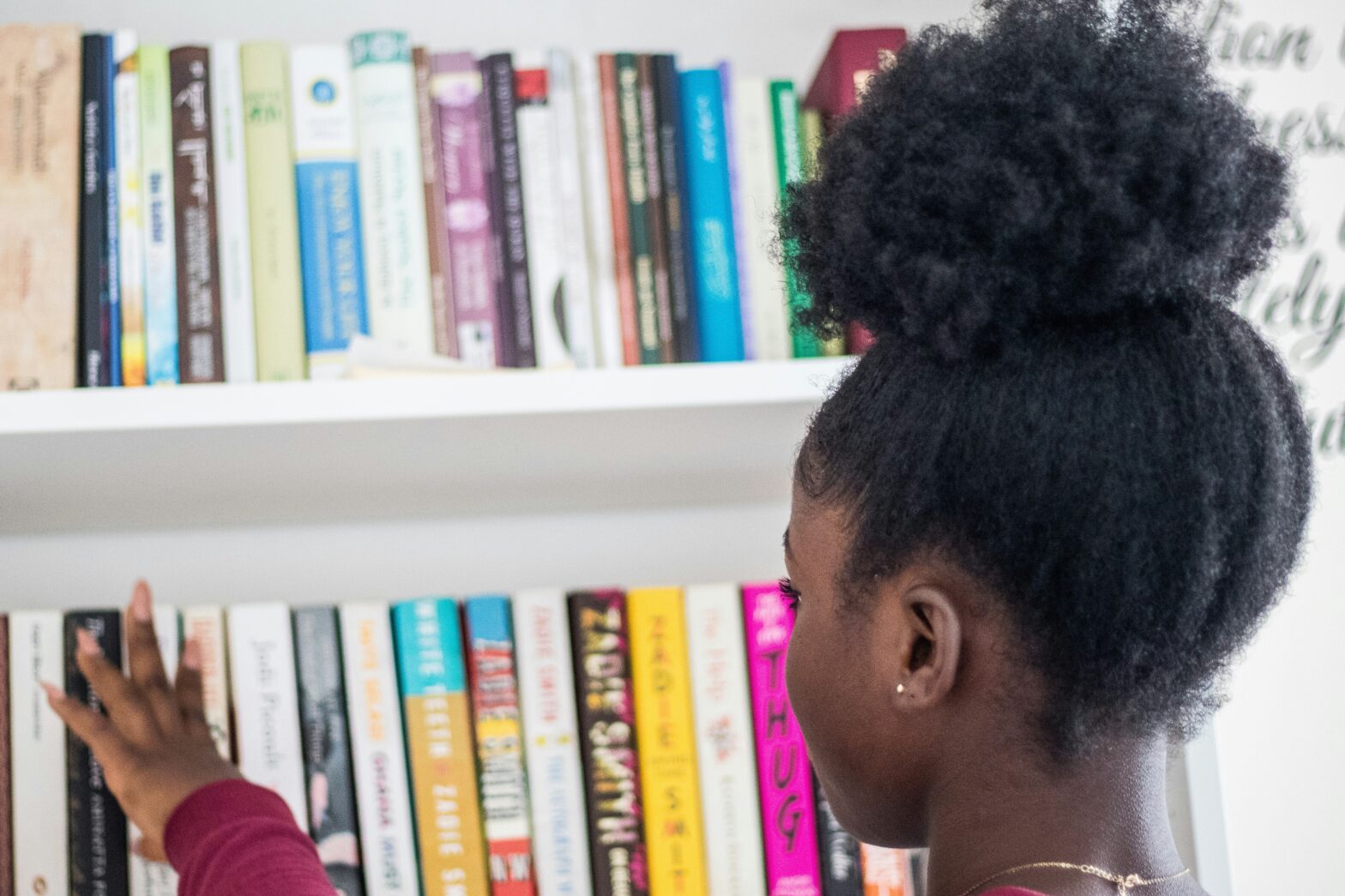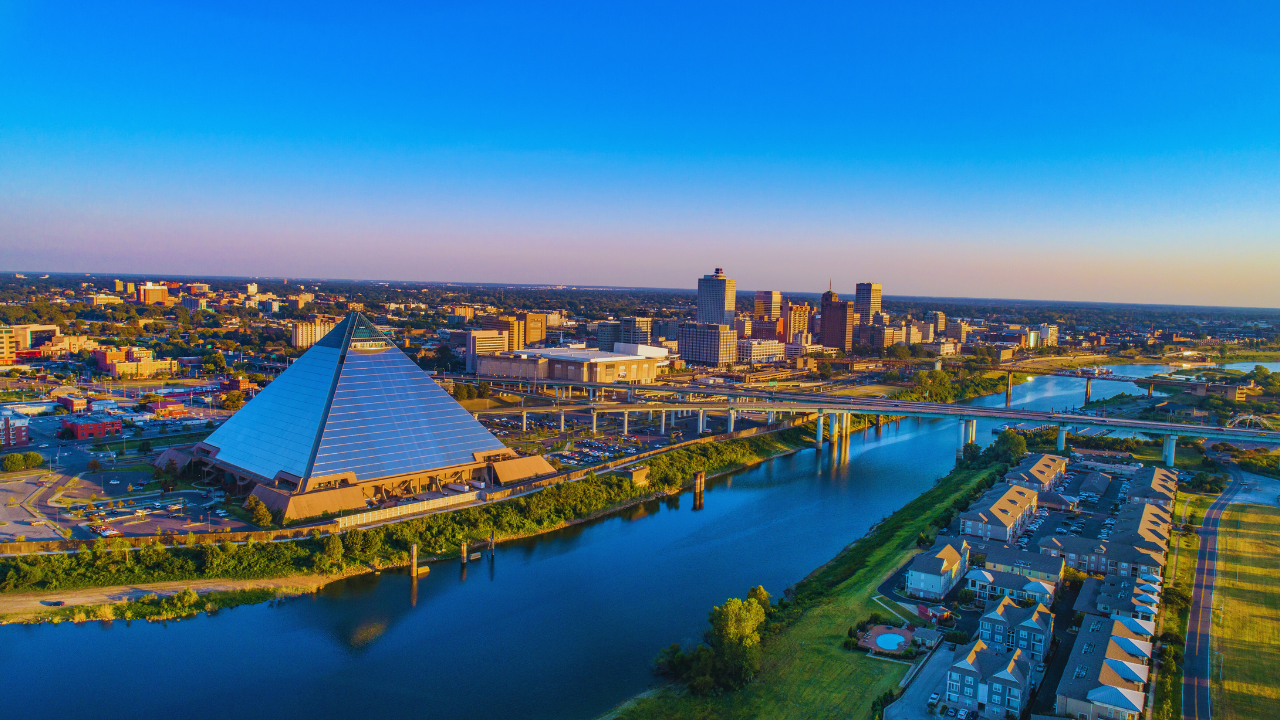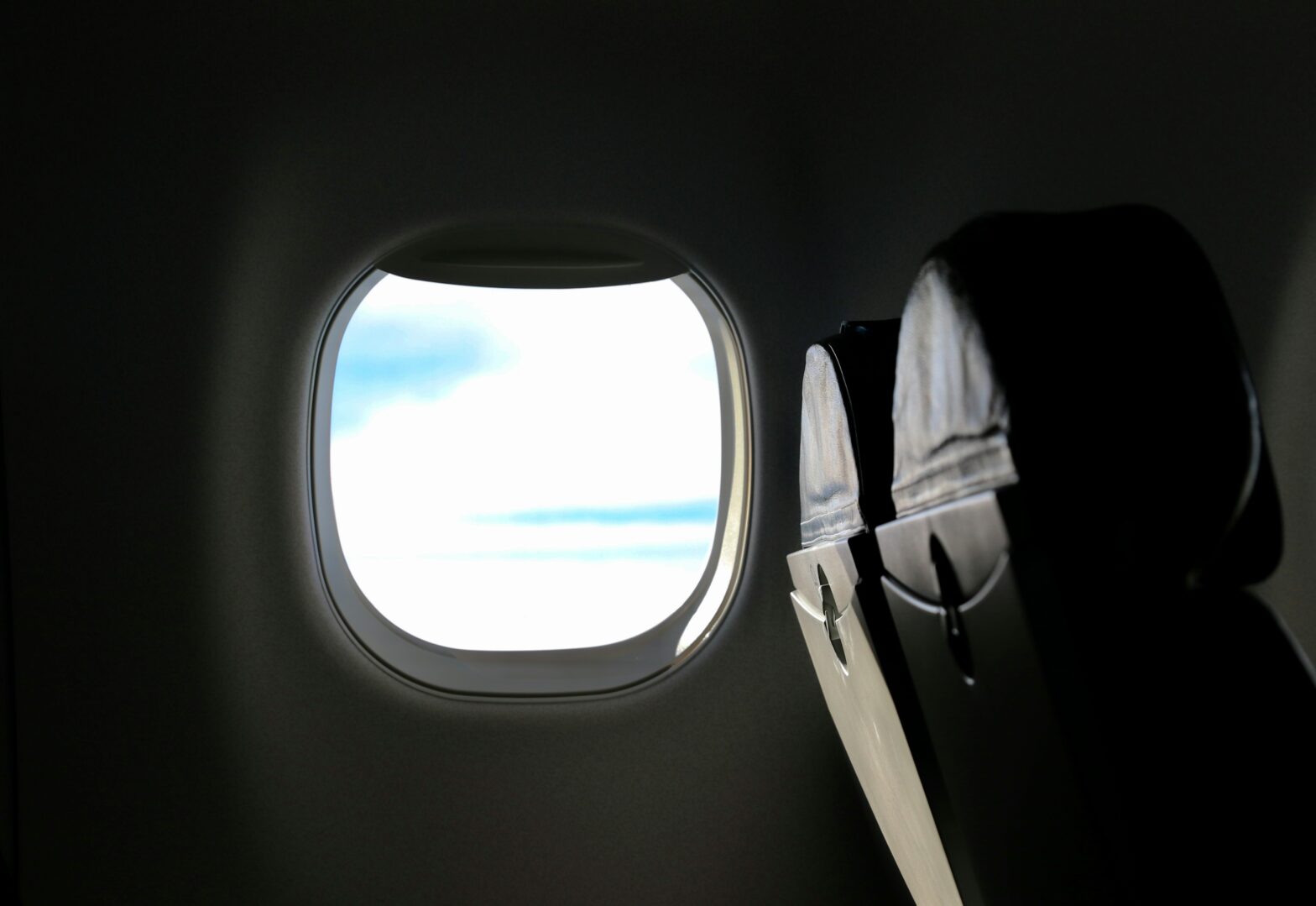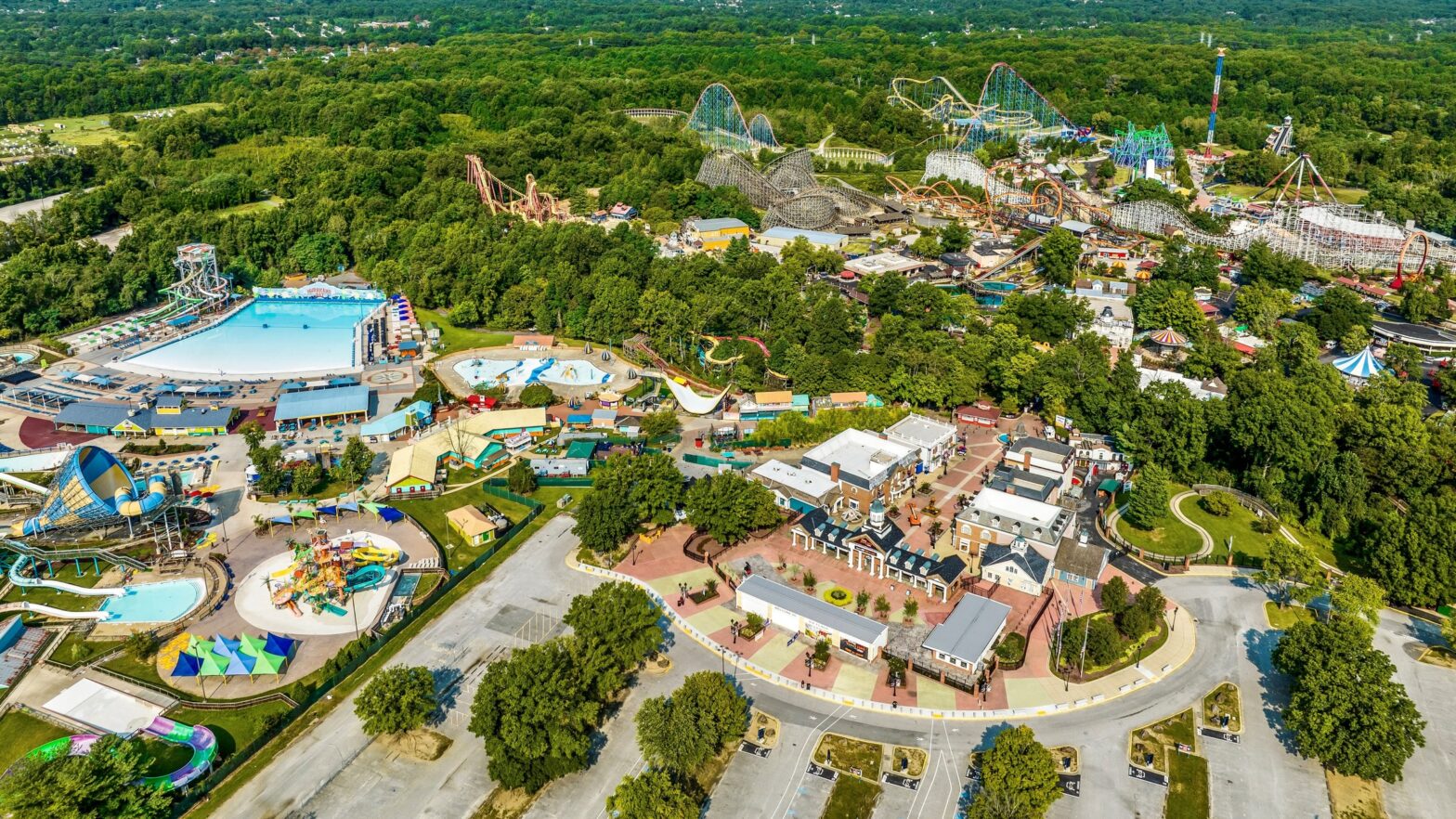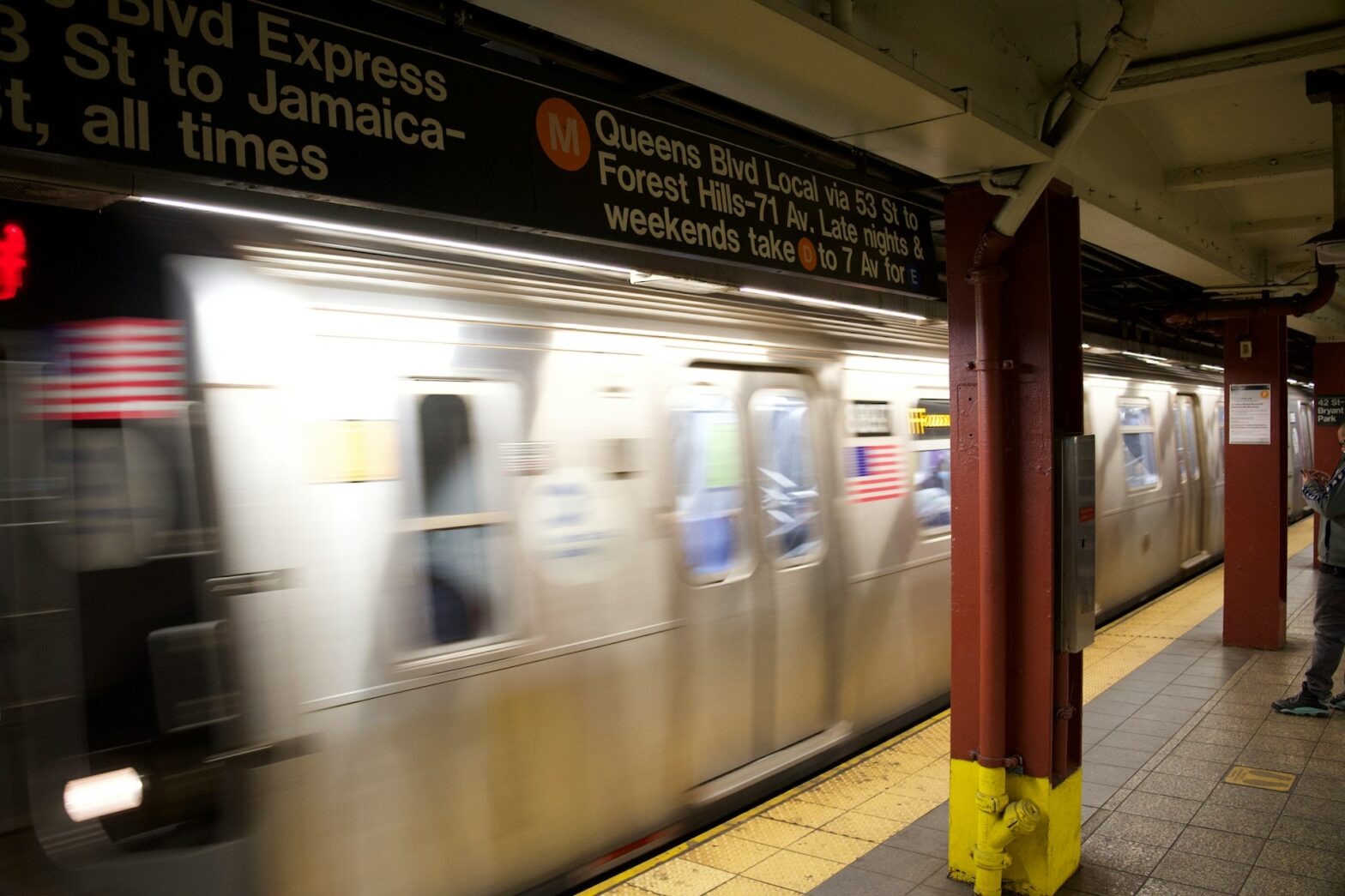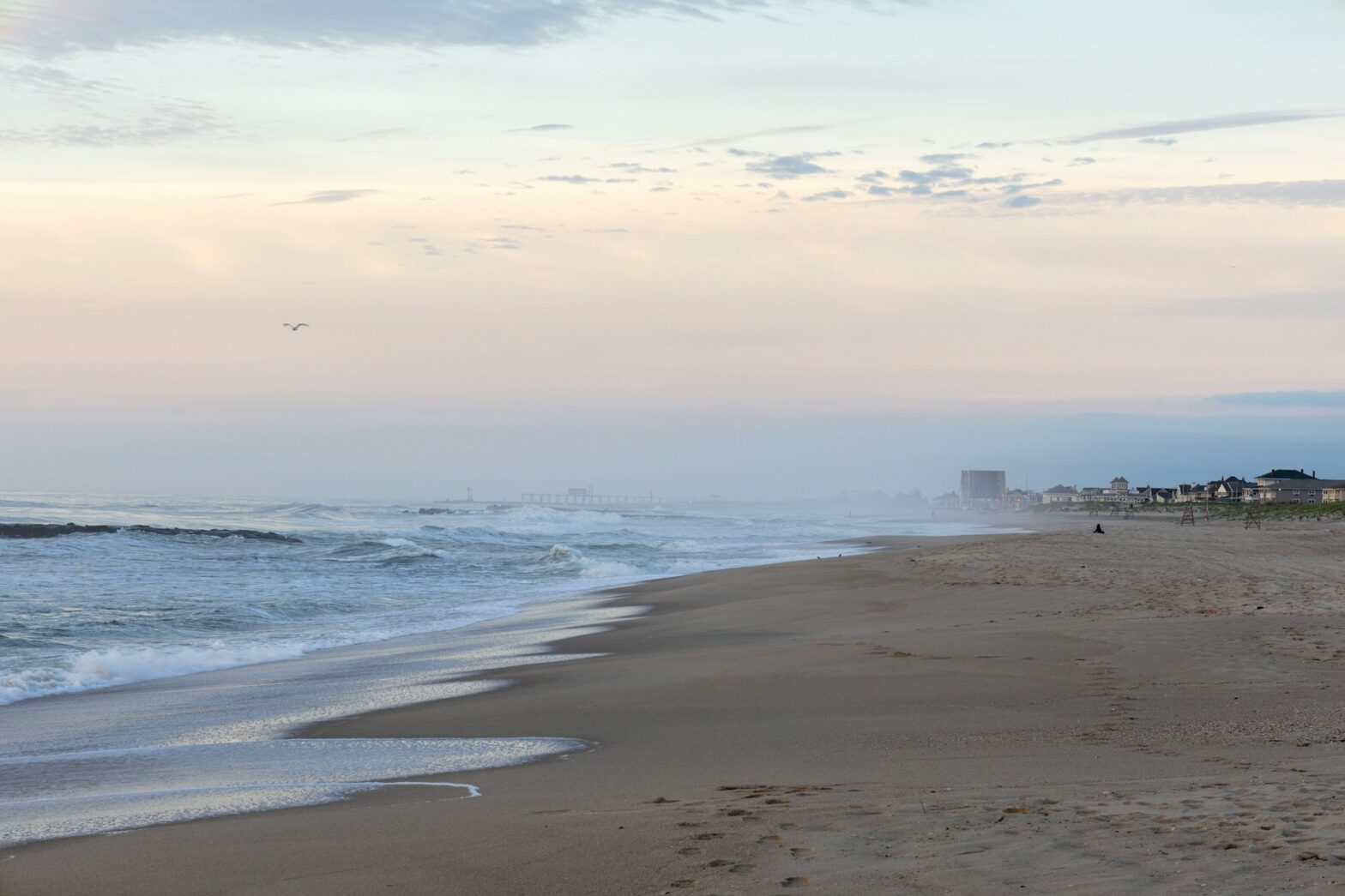What was supposed to be a two-year assignment with the Peace Corps turned into a year extension followed by a permanent stay where Black expat Leslie W. Stewart, IV, is raising his family.
It’s been over a decade since the Brooklyn native fell in love with Nicaragua where he founded the real-estate company Invest Nicaragua. Stewart says Nicaragua is the perfect place to raise his growing family, as his wife is pregnant with her third child.
“Nicaragua is one of the safest places I’ve ever lived. I grew up in Brooklyn in the 1980s and 1990s and lived in Los Angeles after graduating from school,” he tells Travel Noire.
For Stewart, living in Nicaragua has allowed him to raise his family and give them a quality of life that he says would be more challenging to do in the United States. In an interview with Travel Noire, Stewart shares his experience living in the Central American country.
Travel Noire: What about your time in the Peace Corps inspired a permanent move?
Stewart: I felt better physically, mentally, spiritually, and emotionally. When I finished my service, I decided to stay and began formally working in real estate.
I was 26 when I came here to work in the Peace Corps in 2011, and I have lived here ever since. I will be turning 40 this year.
Travel Noire: Can you give us more insight into why you and your wife decided to raise your daughters in Nicaragua?
Stewart: We have two daughters now, and my wife is pregnant with our third. We feel this is an extremely safe country. The culture here is family-oriented and all about community.
For example, everyone is friendly, and people genuinely want to know how your family, your children, etc., are doing.
We also love the warm weather throughout the year. I live in a beach town called San Juan del Sur. Approximately eight or nine beaches are within a 30-minute drive from our house.
The food we eat here also differs from that in the United States. It’s all farm-to-table and locally sourced. For example, I can walk two blocks from my house and pick up fresh fish caught the same day. It’s a very high quality of life at an affordable cost without the politics, drama, and many other things we’re familiar with in the U.S.
Travel Noire: What was your “aha moment” with your decision to raise your family in Nicaragua? Did anything happen in the U.S. that validated your choice?
Stewart: I have many family members still in New York. We go back home at least once a year to visit my parents and grandmother. Every time we return, we hear the phrase “The Concrete Jungle” when referring to New York City.
As much as I love New York, now that I’m outside of that environment, I feel constant anxiety when I go back. There are no trees; instead, there are cement skyscrapers. People are stressed, it’s packed, and the traffic is horrible.
Also, the current violence and the drug culture, especially with fentanyl, are spiraling out of control.
When we’re visiting the States, I hold on to my daughters really tight when we walk down the streets. In Nicaragua, I don’t have to live like that. I don’t have to worry about someone shooting up the school they’re going to or fear they will get snatched off the streets. These things happen every day in the U.S.
Anytime I travel outside Nicaragua, I’m eager to return to my community.
Travel Noire: For people not familiar with Nicaragua, how do you describe it?
Stewart: For people visiting, I tell them one of the beautiful aspects of Nicaragua is it’s a highly diverse country. You can go to the Atlantic Coast to experience Atlantic Creole culture or travel to the Pacific Coast, where some of the most beautiful beaches exist. It’s untouched and would be like going to California 100 years ago before the Pacific Coastal Highway was built.
People can also go to the northern part of the country where agriculture is massive. There are coffee farms, cacao farms, livestock farms, and more.
In this one country in the middle of the Americas, you can have ten different experiences depending on what you’re looking for, and it’s reasonably priced compared to Costa Rica and Mexico.
Travel Noire: What about people who want to live as expats?
Stewart: People can have an extremely high quality of life with good weather, free public health care, reasonably priced rent, and real estate.
It’s an environment without all the political drama and stress. People also don’t have to live in the rat race like in North America.
As a parent, I think we have great schools here. My daughters attend internationally accredited English-based schools. I also have a tremendous physical lifestyle, running, doing yoga, and more. It’s a complete change of pace from what your average person is used to in the U.S.
Anyone who has had their interest piqued about Nicaragua needs to come on a plane and visit because no photo, story, or video truly does a country justice compared to seeing it in person.
This article has been edited and condensed for length and clarity.
